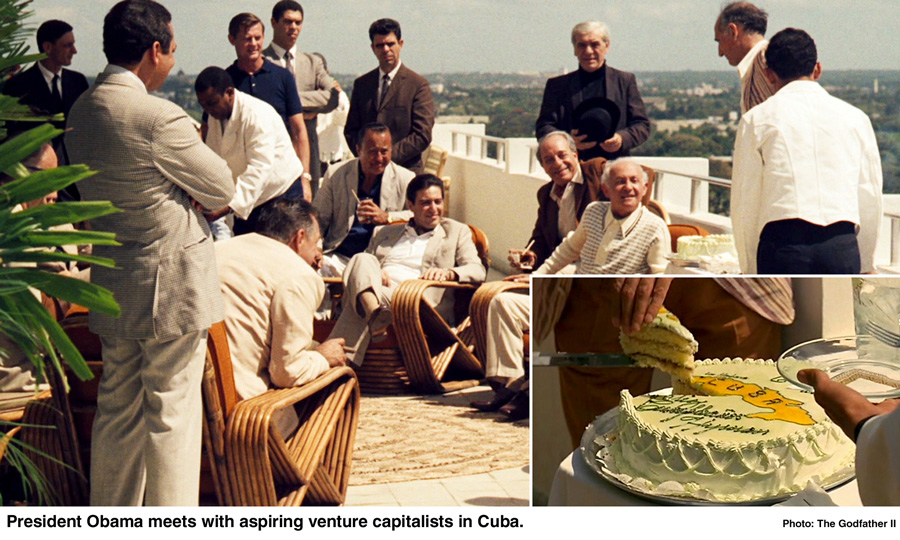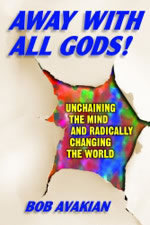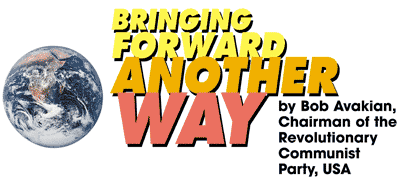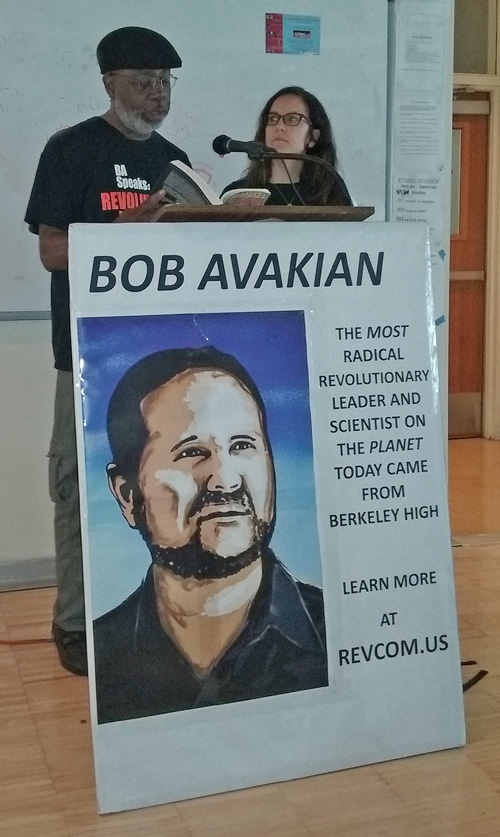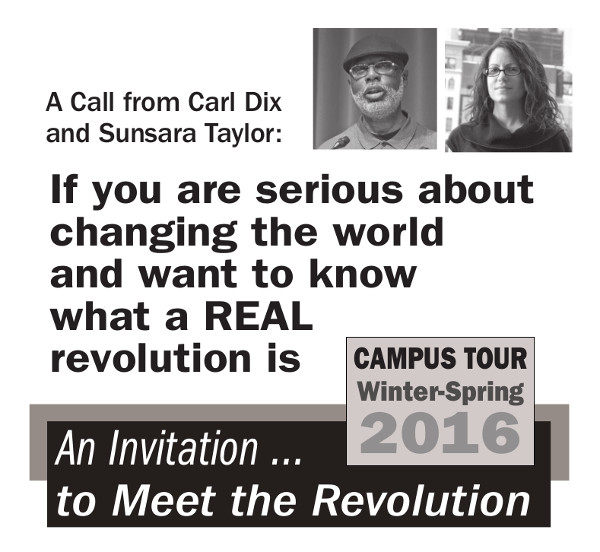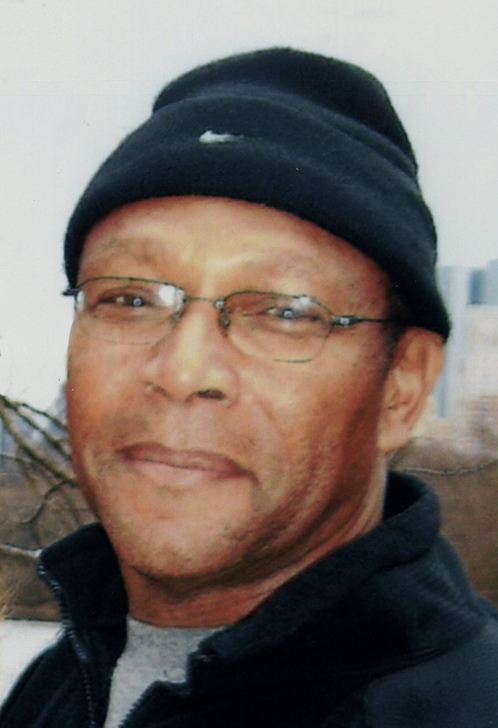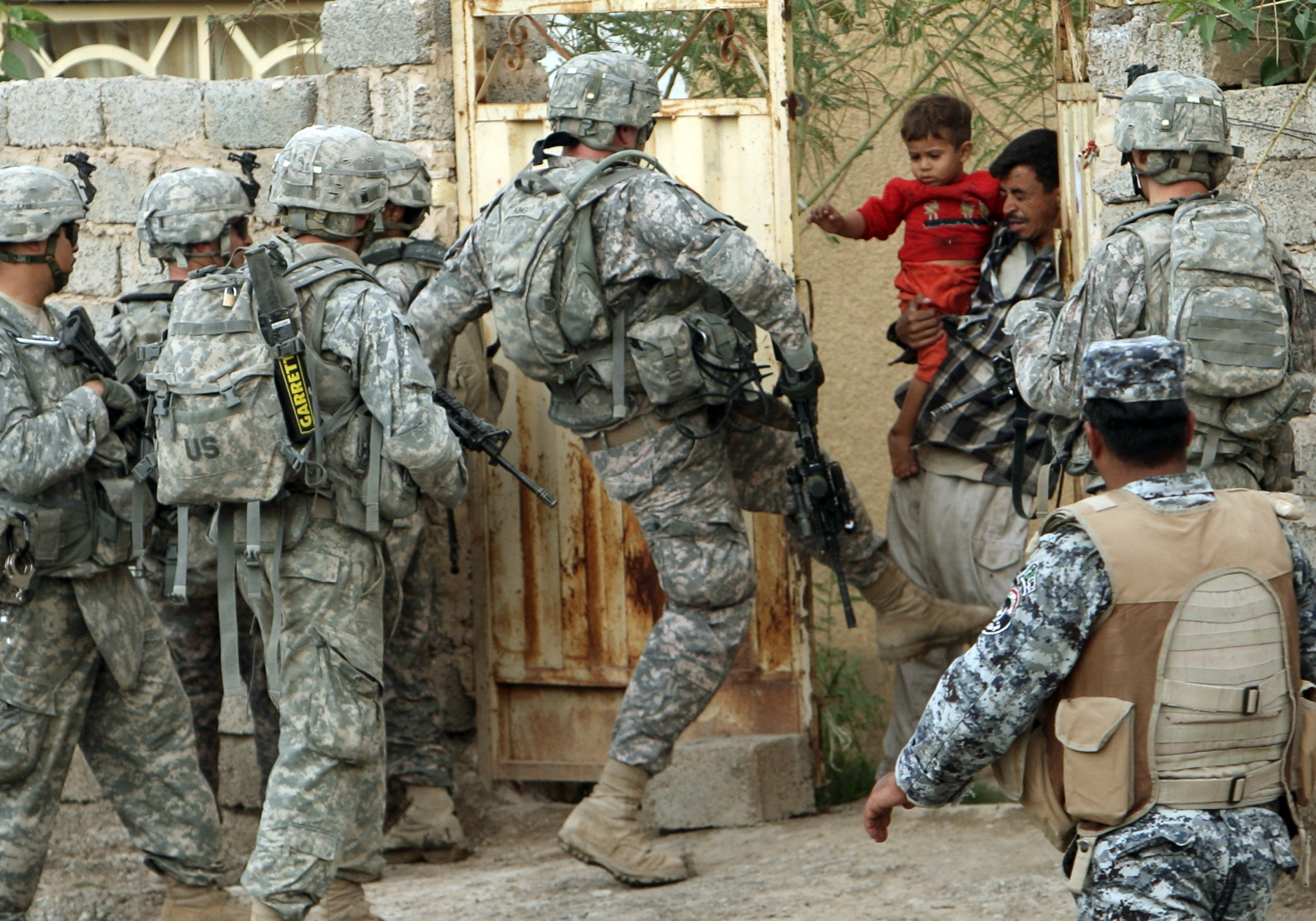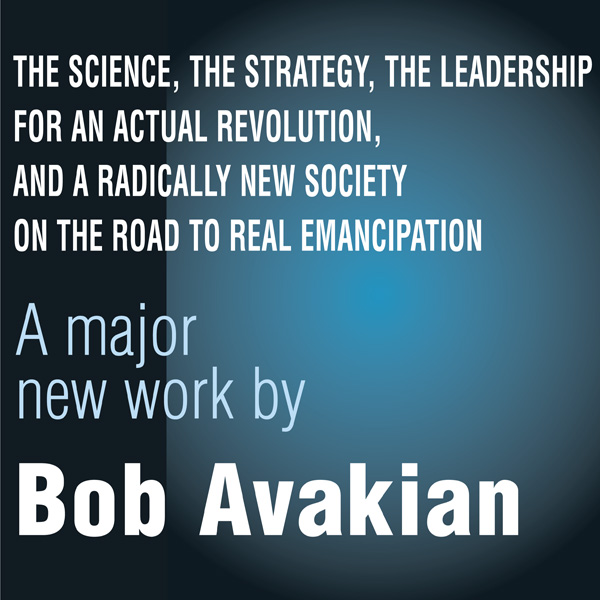There is no such thing as "good will " on behalf of the u.s. imperialists. They are always up to something, and only act in the interests of monopoly capital, to the detriment of the people of the world, no matter how damaging it is.
And that is why obama's recent trip to Cuba can only mean that they are going to try and wrest control of that country through diplomatic means. Lowlife snakes.

And that is why obama's recent trip to Cuba can only mean that they are going to try and wrest control of that country through diplomatic means. Lowlife snakes.
From A World to Win News Service:
What Future for Cuba Did the Handshake Between Barack Obama and Raúl Castro Herald?
Updated and reposted March 28, 2016 | Revolution Newspaper | revcom.us
April 13, 2015. A World to Win News Service. What future for Cuba did the handshake between Barack Obama and Raúl Castro symbolize? It was a heartbreaking moment when the leader of a country once a symbol of defiance to the despised “Yankee empire,” as Cubans and others in revolt against U.S. domination labelled it, shook hands with the “honest man,” as Castro now praised the man currently in charge of that empire. It was a bitter moment for Cubans and for people everywhere, including in the U.S. where Obama and the state machinery in general would like this gesture to relieve some of the discredit earned it by the man who is now presiding over the “slow genocide”, as it has been called, of African-Americans, and wars of aggression and attempts to reboot American hegemony throughout so much of the world.

Check out "Three Alternative Worlds," the Supplement to Chapter 2 of BAsics, from the talks and writings of Bob Avakian.
One especially bitter element in this moment was the way Obama focused on the possibility of removing Cuba from his government’s “international terrorism” list as a way to bludgeon the submissive Castro regime into even more submission. It is the U.S. that held sway over Cuba through terrorist tyrants for decades, that attempted to invade Cuba to bring back the old regime two years after it was overthrown, that mounted all sorts of terrorist attacks on the new regime including, most notoriously, blowing up an airliner full of civilians, and constantly plotted to bring down the regime through the assassination of its leaders. The history of Cuban-American relations is a history of unbridled U.S. violence.
Cuba fell into the hands of the U.S. for the first time in 1898, when the U.S. invaded the island with double purpose of finishing off Spanish rivalry for control of the Caribbean and putting down a Cuban revolt that threatened to turn it into what American statesmen called “a Negro republic.” Slavery and sugar cane had created modern Cuba, and although slavery had been abolished, sugar cane still enslaved the economy and its people.
U.S. troops occupied Cuba for a total of 12 years over the course of the next two decades. The U.S. wrote an amendment into the Cuban constitution allowing it to intervene at will, which it did openly until the American ruling class fashioned a Cuban military that could be entrusted with their interests and political structures to run the country accordingly. This meant some of the world’s most notorious tyrants, generals obsequious to Washington and unspeakably cruel toward the people. U.S. installation of torture republics was standard operating procedure in many places, including in the neighboring Dominican Republic and Haiti.
Sugar cane is a crop that thrives on human flesh. Under U.S. domination, sugar plantations ate up much of the arable land. The U.S. sucked wealth out of Cuba in two ways, by dominating big agriculture and other businesses (such as rum, a sugar-dependent industry), and selling food and nearly everything else to a country that used to be extremely fertile before its forests were burned down to make way for sugar.
People worked unbearably hard in dangerous and life-shortening conditions during the harvest months and went hungry the rest of the year. A sugar cane mill worker killed in a strike was found to have no underwear or socks to be buried in. Cubans worked on U.S.-owned cattle ranches, but only a tenth of the people in the countryside ever drank milk and less than half of that percentage ever ate meat. In fact, it was often family labor on tiny plots of land that enabled people to survive from harvest to harvest in the cane fields. Small farmers, often poor whites, were not much better off than plantation workers.
Cuban society was as devastated as its economy. Under the watchful eyes of Washington’s ambassadors, the U.S.-based Mafia set moral standards and the Catholic Church blessed them. Among the most sacred values was men’s right to rule over women and women’s confinement to the following categories: mothers, wives, mistresses and prostitutes.
Prostitution flourished—in brothels and on the streets, ten percent of Havana’s population “served” American military men, civilian sailors and sex tourists. The biggest growth industry was casinos. Even as Cuba became known as a country where “anything goes” for rapacious foreigners, ordinary Cubans had no rights. The aspirations of the better-off middle classes and professionals were trampled underfoot by the country’s corrupt, arbitrary, vicious and tiny ruling class in association with the ultimate rulers, U.S. monopoly capitalists and their political representatives in Washington.
The 1959 Cuban revolution led by Fidel Castro, Che Guevara and others was an inspiration to people everywhere at that time, not a “disaster” as some commentators call it, nor some obscure “Cold War” quarrel as Obama claims. It was right to overthrow a U.S.-backed regime that murdered as many as 20,000 people in its last years.
But that revolution was not led by a party with a real understanding of and commitment to what it would take to end all forms of oppressive economic and social relations and thinking they engender, despite use of the names “Communist Party” and “socialism.” Its leaders traded dependency on the U.S. for dependency on the Soviet Union. (The USSR itself had already abandoned socialism in the 1950s and had become “social imperialist”, socialist in words, monopoly capitalist and imperialist in reality.) Since the fall of the USSR that leadership has floundered, and not just economically. They have been unable to offer the Cuban people a viable alternative to an uninspiring and untenable status quo.
The unrevolutionary character of the Cuban regime led by Fidel Castro was apparent in the attempt to continue the island’s submission to sugar (now to be sold or traded to the USSR) in forms that reproduced the old relations of exploitation and oppression in old and new ways. Neither the dependent economy nor the society that economy had created were ever thoroughly transformed in a liberating way.
The lack of political rights and ferment of dissent that the Cuban regime’s reactionary critics complain about was stultifying. Yet the most central right such people never talk about and will never agree to anywhere, and that the Castro regime never dreamed of, is the right of the masses of people to increasingly take part in running society through a new kind of state, transforming economic, social and political relations and themselves, leading to a world free of all oppressive relations among human beings. Raúl Castro’s attempt to ensure his regime’s survival by crawling to the U.S. imperialists, the biggest criminals against humanity today and Cuba’s historic slave masters, is painfully ugly, but it is consistent with the nature of the regime and society he and his brother Fidel have led.
The country’s dependency is shifting from sugar plantations to tourism plantations, an “industry” that offers no hope for economic independence and the fulfilment of human potential. And prostitution, which has been reintroduced and thriving for decades, is both a metaphor and mechanism for the further destruction still to come as the “free market”, whose awful power was never abolished in Cuba but now to be stoked by U.S. capital, further destroys bodies and souls.
The lust with which the U.S. now looks at Cuba is terrifying. More generally, however, the Obama-Castro handshake does not represent a new and durable triumph for U.S. imperialism, but manoeuvring in a world where American hegemony is increasingly endangered. An understanding of why the Cuban revolution has ended up where it is today, and why that was not and is not inevitable, would be important for people everywhere whose revolutionary aspirations have not been quenched.
****
For more, see “Re-Colonization in the Name of Normalization—Behind the Re-Establishment of U.S.-Cuba Diplomatic Relations,” by Ramond Lotta, Revolution #367, December 29, 2014, at revcom.us. Also “Burn Down the Cane Fields! Notes on the Political Economy of Cuba,” A World to Win magazine nos. 14 and 15, available at http://bannedthought.net/International/RIM/AWTW/1989-14/AWTW-14-Cuba.pdf
http://www.bannedthought.net/International/RIM/AWTW/1990-15/AWTW-1990-15-Cuba.pdf
or http://www.librarything.com/work/14333556
http://www.bannedthought.net/International/RIM/AWTW/1990-15/AWTW-1990-15-Cuba.pdf
or http://www.librarything.com/work/14333556
Further, despite its theoretical flaws, the classic Open Veins of Latin America by Eduardo Galeano, who died April 13, 2015, remains a valuable, highly insightful and poetic denunciation of that continent’s history under colonialism and imperialism. (Monthly Review Press, 1997)

